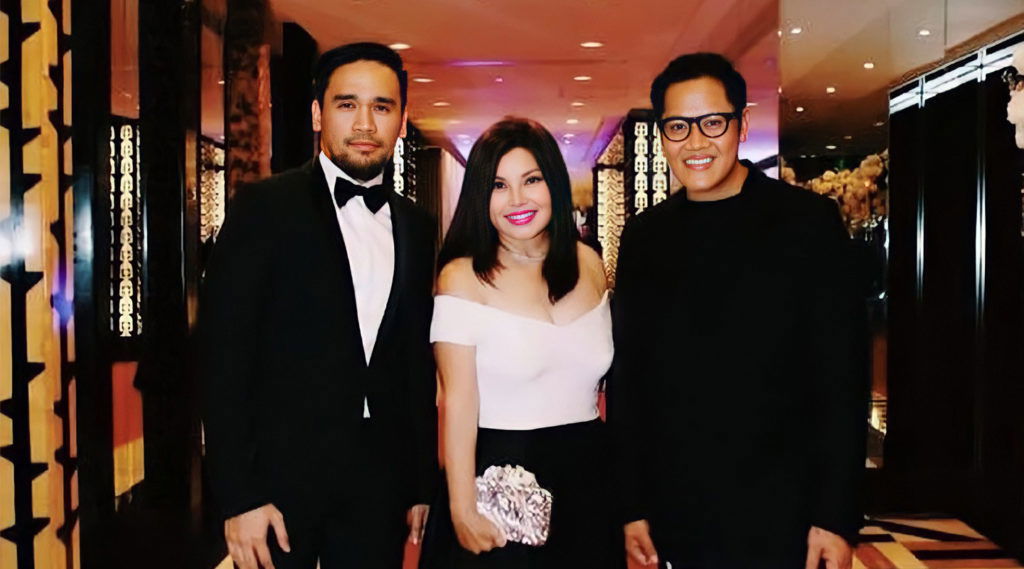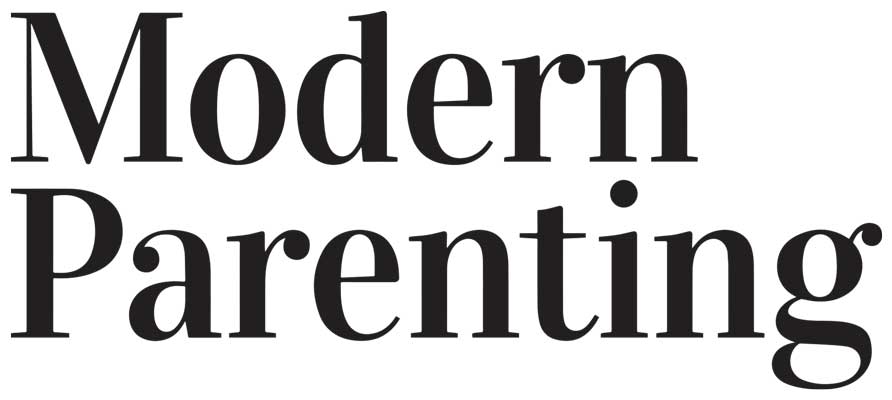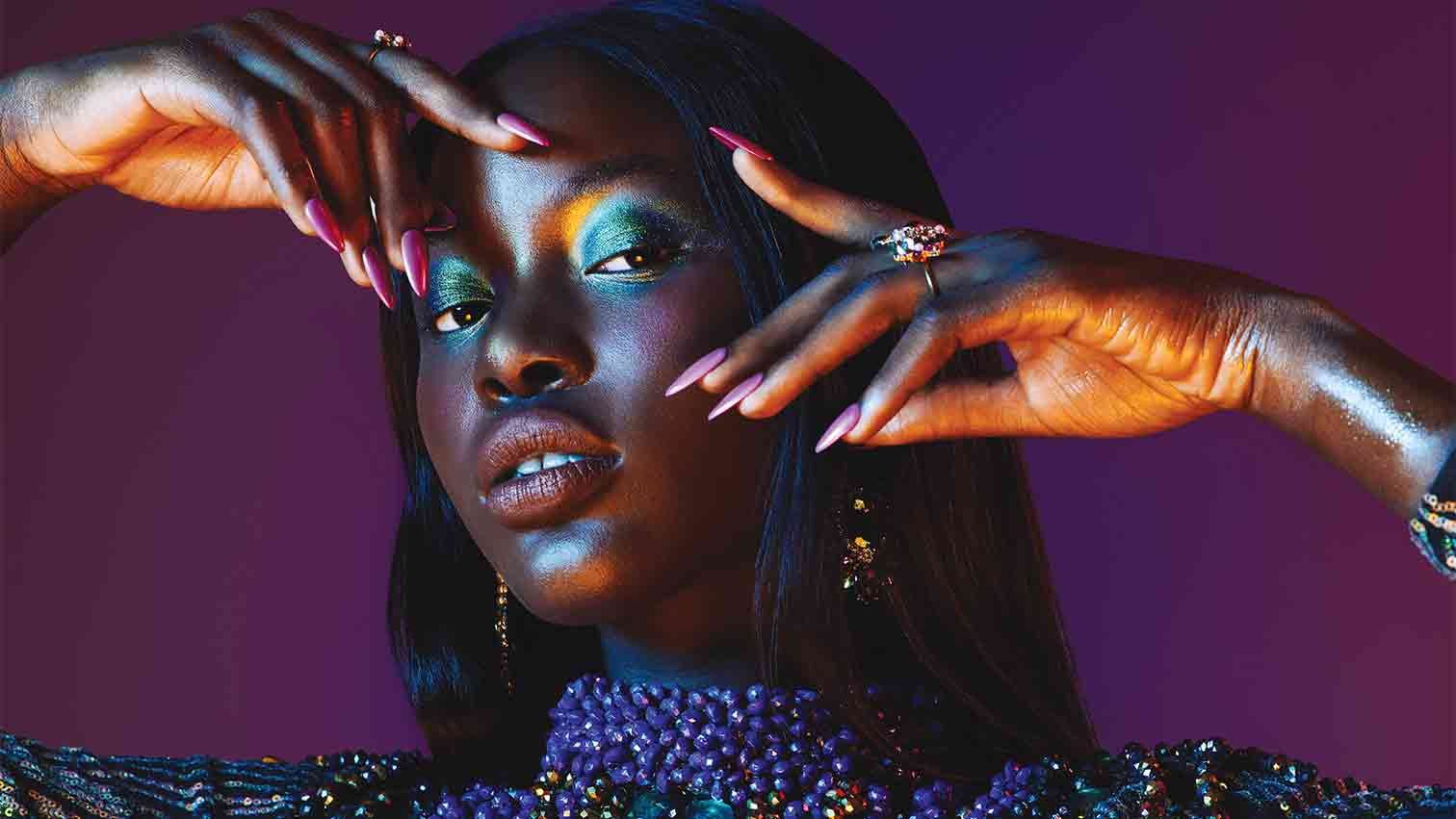One Mega Group
About Us
One MEGA Group, Inc. (formerly known as MEGA Magazines and Publications, Inc. and MEGA Publishing Group) is a Filipino media company focused on content publishing in a variety of platforms, including print magazines, e-magazines, and propriety websites. It was founded by Sari V. Yap on October 20, 1991, who served as President and CEO of the company and as Editor-in-Chief of flagship brand MEGA Magazine.
One MEGA Group is majority-owned by Archie Carrasco, who has served the company since 2007 and is currently its CEO. One MEGA Group delivers the best of local and international design and lifestyle trends to a discerning market. One MEGA Group’s potent mixture of innovation and excellence has resulted in entertaining and socially responsible homegrown media brands that positively influence the lifestyle of Philippine society. One MEGA Group is the authority in all things fashion, lifestyle, home, and design. It continuously provides thought-provoking editorials that discuss relevant issues in society and inspire its readers.
To date, One MEGA Group is the prestige publisher of MEGA, MEGA Man, MEGAStyle, MEGA Entertainment, MEGA Active, MEGA Drag, Lifestyle Asia, BluPrint, Modern Parenting, The Business Manual, and The Game.

Mission
To inspire Filipinos through its pioneering, entertaining, and socially responsible products and services that positively impact the lifestyle of the society.
Vision
To be the standard for Filipino media excellence
Media Brands
For Filipinos of style and substance, MEGA is the preferred source when it comes to fashion discoveries, beauty innovations, lifestyle choices, and relevant stories because MEGA provides exclusive content with a deeper perspective that is aspirational, inspirational, and meaningful written by the experts themselves.
MEGAStyle is your first step into the fashion world. MEGAStyle guides the young generation to discover their style identity by helping them keep up with trends, easy tips and tricks, and finding their voice through fashion.
MEGA Man provides a deeper insight and perspective in men’s style to guide them in self-improvement.
MEGA Entertainment offers exclusive stories of local celebrities told with the distinct Mega voice and top-notch style direction while elevating celebrity stories to inspire our readers with their experiences and milestones.
MEGA Drag is a platform that empowers and celebrates the art of drag and the stories of the community by reinventing beauty and fashion, pushing boundaries, and inspiring people of the modern world. It is an avenue for the community to be FIERCE, FABULOUS, and FREE.
MEGA Active serves as the go-to source for all things fitness and wellness, aiming to promote a healthy lifestyle focused on balance and wellness, to help the readers live longer and happier.

Illustrating what it means to be truly luxurious, Lifestyle Asia presents stories of Philippine society’s most influential to inspire its readers for a life full of meaning.

BluPrint is the leading authority of design and architecture in the Philippines and in the entire ASEAN region. Not only does it present internationally-renowned designs that transform spaces, but also those that transform the way people live.

Modern Parenting serves as today’s modern parents’ companion in their parenting journey. It features a diverse selection of parents and aims to highlight this age’s many different kinds of exemplary parents.

The Business Manual aims to provide informative, authoritative and intellectual business content presented in an approachable, modern, and relevant manner. By marrying the concept of business and lifestyle, The Business Manual becomes the authority figure for business-minded and enterprising individuals across generations.

One of our biggest motivations for launching this new media brand is the goal to upgrade the overall Filipino sports experience for athletes, fans and the community in general. By strategically combining a team of sports aficionados with the prestige lifestyle DNA of One Mega Group Inc., The GAME is set to be the new breed of Filipino sports entertainment which presents sports content with a very distinct lifestyle approach.
